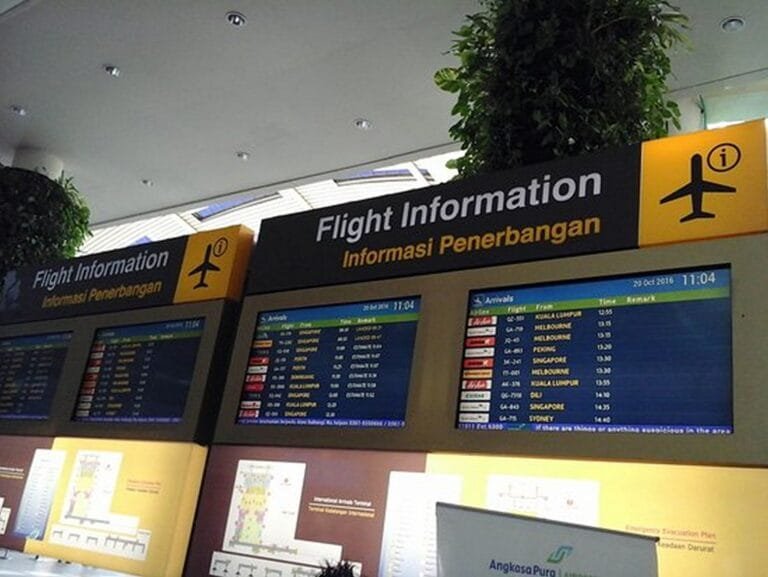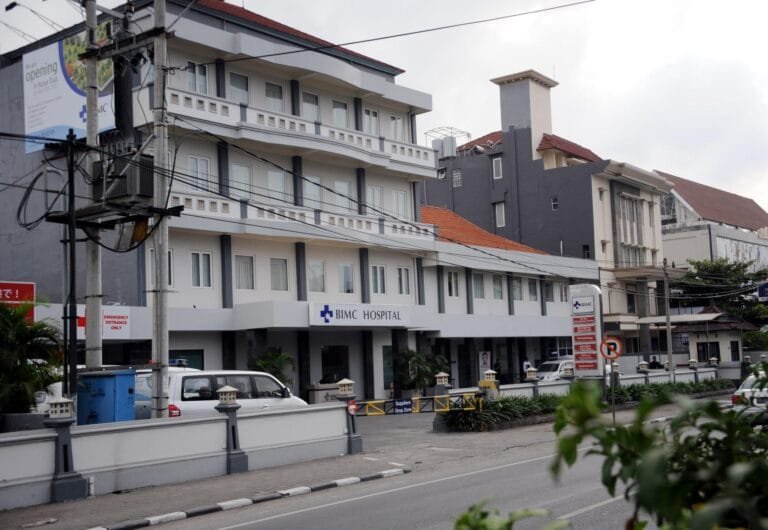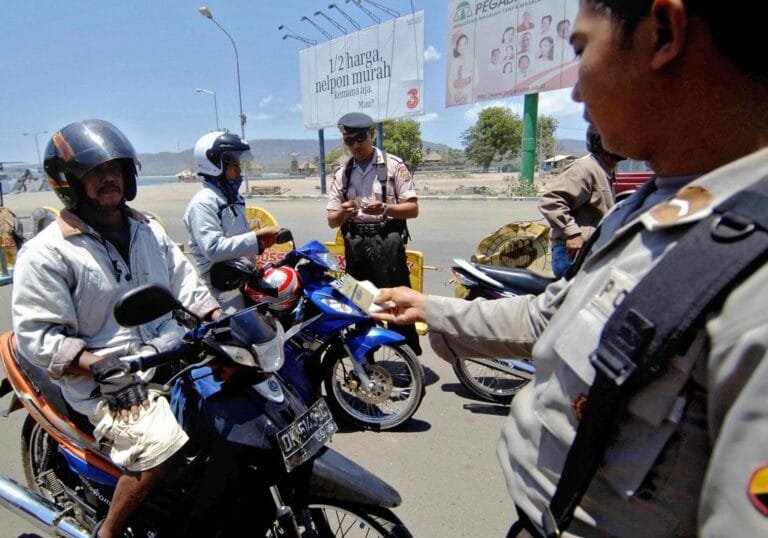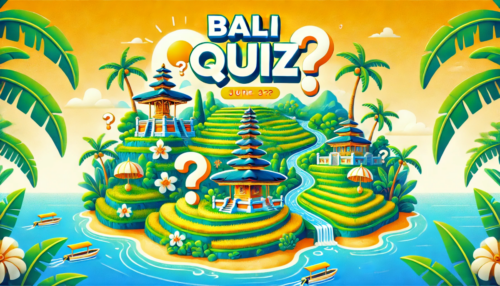Tips for a trip
View allAbout Bali
Bali is one of the 17,000 Indonesian islands located in the southeastern part of the country between Java and Lombok. In predominantly Muslim Indonesia, Bali is the only Hindu island and also the most popular tourist destination in the country.
Known as the Island of the Gods, Bali is unique for its rich culture. Everywhere you turn, you will encounter colorful offerings to the gods, temples as far as the eye can see, and traditional music, parades, and dances during festive ceremonies.
What makes Bali truly exceptional, however, is its people. Generous and warm-hearted, they greet everyone with sincere smiles and a willingness to help.
Bali offers a landscape of stunning rice terraces and ancient monuments, as well as vibrant nightlife and surfing. You will find a diverse underwater world with coral reefs and towering volcanoes with endless views. There is truly something for everyone here!
Activities and Experiences
View allLatest articles
View all


Drivers and Guides
View allVillas in Bali
View allRestaurants and bars
View all- When is the best time to visit Bali?
The ideal time to visit Bali is during the dry season, from April to October. This period features sunny days, lower humidity, and minimal rainfall, making it perfect for outdoor activities like beach visits, temple tours, and hiking. The wet season, from November to March, brings higher humidity and heavy rains, though the island remains lush and green. Travelers who don’t mind occasional showers can still enjoy Bali during this time, with fewer crowds and lower prices.
- What are the visa requirements for visiting Bali?
For most nationalities, Visa on Arrival (VoA) is the easiest option, available to citizens of 90 countries. It allows a 30-day stay and costs around IDR 500,000 (approximately $35 USD). Travelers need:
- A passport valid for at least six months beyond the date of entry.
- A return or onward flight ticket.
You can also apply for the e-VoA online to avoid queues at the airport. Both options can be extended once for another 30 days at a local immigration office. For longer stays or different purposes (e.g., business, study), consider applying for other visa types, such as the B211A visa, which allows longer extensions.
- What is the local currency, and where is the best place to exchange money?
Bali uses the Indonesian Rupiah (IDR). It is recommended to exchange currency at authorized money changers or banks for the best rates and to avoid scams. ATMs are widely available in tourist areas and generally accept major international cards like Visa and MasterCard. Be mindful of ATM fees and always count your money after any exchange. Using a multi-currency travel card can help save on conversion fees.
- What vaccinations or health precautions are recommended?
The basic vaccinations recommended for travel to Bali include Hepatitis A, Typhoid, and Tetanus. For longer stays or those traveling to rural areas, vaccinations for Hepatitis B and Rabies may be advised. Mosquito-borne diseases such as Dengue Fever are a concern, so use insect repellent and sleep under mosquito nets when necessary. While Bali’s healthcare system is generally good in tourist areas, it is advisable to have comprehensive travel insurance and health coverage during your stay.
- What are the top attractions and activities in Bali?
Bali offers a rich mix of cultural, natural, and adventurous experiences. Some top attractions include:
- Temples: Uluwatu, Taman Ujung, Brahma Vihara Arama, and Besakih Temple are must-visits for those interested in Bali’s spiritual and architectural heritage.
- Beaches: Seminyak known for its upscale beach clubs and vibrant atmosphere, it’s great for sunbathing and sunset watching. Nusa Dua is ideal for families, this area features calm waters, luxury resorts, and clean white sand beaches. Melasti Beach is a hidden gem at the southern tip of the island, offering stunning cliffs, crystal-clear waters, and fewer crowds compared to other popular spots. Virgin Beach (Pasir Putih) is a serene and less touristy beach on Bali’s east coast, perfect for those seeking a quieter escape with pristine white sand and clear waters. Amed Beach is famous for snorkeling and diving, Amed’s black sand beaches and coral reefs are perfect for underwater exploration.
- Nature and Adventure: Hike Mount Batur at sunrise, explore the lush rice terraces of Tegallalang, visit Sekumpul Waterfall, or go snorkeling and diving around Nusa Penida.
- Cultural Experiences: Attend traditional Balinese dance performances, visit art markets, or participate in local ceremonies.
Bali also caters to adventure seekers with surfing, rafting, and off-road biking tours available across the island.







